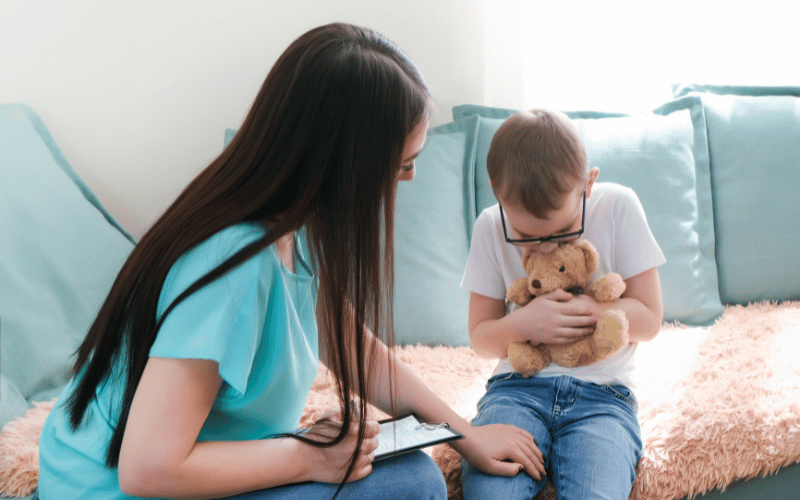8. The Psychosocial Impact of ECC on Children and Families

The reach of early childhood caries extends into the emotional and social realms, influencing a child’s interactions and self-perception. Children with visible dental decay or missing teeth may become the subjects of bullying and can experience a drop in self-esteem, which is particularly delicate during the formative years. The psychological discomfort can rival the physical pain of caries, as children may feel embarrassed when speaking, smiling, or participating in activities with peers.
Parents also bear a psychosocial burden. The guilt and stress associated with their child’s dental decay can lead to heightened anxiety and even impact their social interactions. They may feel judged by others for their child’s poor oral health, which can be misconstrued as a reflection of parental neglect or incompetence. This emotional strain can disrupt the dynamics within the family and can even impede parents from seeking necessary dental care for their children, for fear of criticism.
Socioeconomic factors play a substantial role in this dynamic. Families with limited access to dental care due to financial constraints may watch their child’s dental health deteriorate, feeling helpless to stop it. The cycle of caries leading to pain, missed school days, and impaired learning further perpetuates inequality, as those who begin life with ECC may face academic and professional disadvantages.
Community support and public health interventions can serve as powerful tools to dismantle the stigma surrounding ECC. School programs that educate peers, parental support groups, and public health campaigns can all work synergistically to normalize conversations about ECC, empowering parents and children to seek help and reducing the psychosocial impact of the disease.
Moving forward, it’s crucial for health professionals to address not only the physical but also the emotional facets of ECC. Integrating oral health education within schools and community programs, alongside strategies for building self-esteem and resilience in affected children, can create a more holistic approach to managing this pervasive condition. (8)